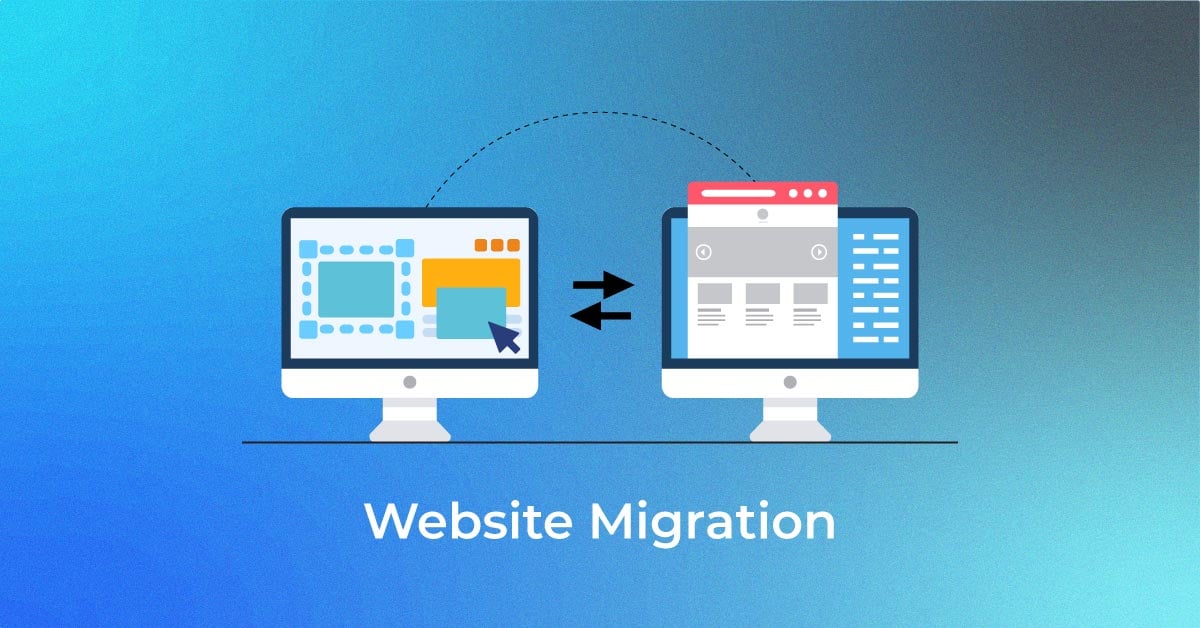
Software as a Service (SaaS) is a cloud computing model that delivers software applications over the internet. Unlike traditional software that requires installation on individual computers, SaaS applications are hosted on remote servers and accessed via a web browser. This model offers a range of benefits, including ease of use, scalability, and cost-effectiveness. Users can access the software from any device with an internet connection, making SaaS a flexible and convenient solution for businesses and individuals alike.
How SaaS Works
SaaS operates on a subscription basis, where users pay a recurring fee to access the software. The service provider manages all the technical aspects, including software updates, security, and infrastructure maintenance. This approach eliminates the need for users to worry about hardware requirements, software compatibility, or data backups. By leveraging cloud technology, SaaS providers can deliver high-performance applications that are always up-to-date and secure. Users simply log in to their accounts through a web browser to access the services.
Key Features of SaaS
SaaS applications are characterized by several key features. Firstly, they are accessible from anywhere, providing users with the flexibility to work remotely or on the go. Secondly, SaaS offers automatic updates, ensuring that users always have access to the latest features and security patches without needing to manually install updates. Thirdly, SaaS applications are highly scalable, allowing businesses to easily adjust their usage based on their needs. This scalability is particularly beneficial for growing companies that require flexible solutions to accommodate their changing demands.
Benefits for Businesses
SaaS offers numerous benefits for businesses. One of the most significant advantages is cost savings. With SaaS, businesses do not need to invest in expensive hardware or software licenses. Instead, they pay a predictable subscription fee, which can be more manageable and budget-friendly. Additionally, SaaS reduces the burden on IT departments, as the service provider handles maintenance, updates, and security. This allows IT staff to focus on more strategic initiatives rather than routine maintenance tasks. Furthermore, SaaS applications can enhance collaboration and productivity by enabling real-time data sharing and communication across teams.
Popular SaaS Applications
Many popular software applications are delivered through the SaaS model. Examples include customer relationship management (CRM) tools like Salesforce, project management platforms like Asana and Trello, and communication tools like Slack and Zoom. These applications are widely used across various industries due to their ease of use, accessibility, and robust feature sets. SaaS applications are continually evolving, with providers regularly introducing new functionalities and integrations to meet the diverse needs of their users.
Security and Compliance
Security and compliance are critical considerations for SaaS providers. Given that SaaS applications often handle sensitive data, providers must implement robust security measures to protect against data breaches and cyberattacks. This includes data encryption, secure authentication mechanisms, and regular security audits. Additionally, SaaS providers must comply with relevant regulations and standards, such as GDPR for data protection and HIPAA for healthcare information. By adhering to these standards, providers can ensure that their applications are secure and trustworthy for users.
Challenges of SaaS
Despite its many benefits, SaaS also presents some challenges. One common concern is data privacy, as users must trust the provider with their sensitive information. Downtime and service outages can also be problematic, as users rely on constant access to the software. Additionally, businesses may face issues with data integration and interoperability when using multiple SaaS applications. To mitigate these challenges, it is important for users to thoroughly evaluate SaaS providers, considering factors such as reliability, security, and customer support.
Future of SaaS
The future of SaaS looks promising, with continued growth and innovation on the horizon. As technology advances, SaaS applications are expected to become even more sophisticated, offering enhanced capabilities and greater customization. Artificial intelligence (AI) and machine learning (ML) are likely to play a significant role in the evolution of SaaS, enabling more intelligent and automated features. Additionally, the rise of edge computing and 5G networks will further enhance the performance and accessibility of SaaS applications. As businesses increasingly adopt cloud-based solutions, SaaS will remain a key driver of digital transformation.








